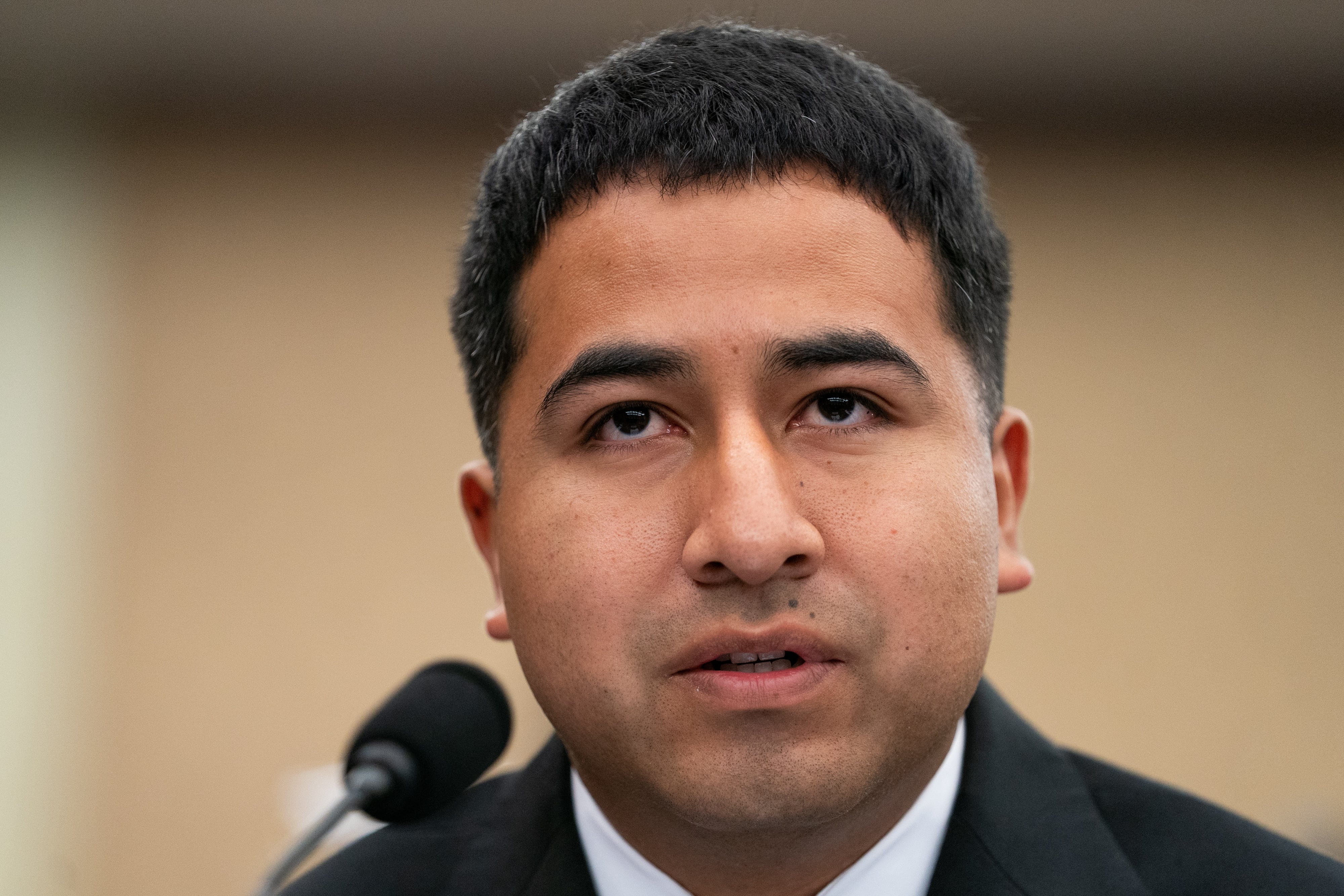A directive designed to ensure that warrant officers receive the appropriate military schooling before being assigned to key leadership and staff positions has been issued by Army Secretary John McHugh.
"Warrant officer professional military education is important, and we need to continue to educate our warrant officers," said CW5 Joel Smith, command chief warrant officer of Human Resources Command, Fort Knox, Kentucky.
The affected assignments involve both aviators and technical services officers of the active and reserve components, but primarily the active component, which comprises about 60 percent of the Army's 26,000-member warrant officer corps.
In issuing the assignment guidance in Army Directive 2015-30, McHugh said "it is critical that warrant officers complete the requisite PME within established timelines to ensure that they are fully prepared for the demands of their highly specialized roles."
"Consequently, warrant officers who do not possess the PME for their grade level are prohibited from serving in the following assignments and roles," the secretary ordered:
• Command at any level
• Professional military education instructor
• Duty with Army centralized selection boards, including all warrant officer accession boards, Recruiting Command selection boards and special branch-level boards. Chief warrant of the branch, regimental chief warrant officer, command chief or key Army 011A billets. Brigade-level command chief warrant officers will attend the Pre-Command Course Phases I and II, while branch and regimental command chief warrant officers will attend Phase III only.
• Army Senior Warrant Officer Council.
• Human Resources Command career manager.
• Broadening assignments, including senior warrant officer branch-immaterial and joint, interagency, intergovernmental and multinational positions.
All key active component CW4 and CW5 branch-immaterial positions will be nominative capstone and broadening assignments. Only officers who have been carefully developed through the timely attendance at appropriate education courses and assignment experiences will be selected for these key branch-immaterial billets:
• Army Staff senior warrant officer
• Army G1 warrant officer promotions and policy integrator
• Army G3/5/7 warrant officer leader development
• Forces Command, command chief warrant officer
• Training and Doctrine Command, G3/5/7warrant officer leader development
• Combined Arms Center, command chief warrant officer
• Center for Army Leadership warrant officer integration officer
• School for Advanced Leadership and Tactics, mid-grade learning continuum warrant officer integrator
• Warrant Officer Career College, deputy commandant.
• Warrant Officer Career College, commander, Headquarters and Headquarters Company.
• Warrant Officer Career College, commander 1st Warrant Officer Company.
• 1st Warrant Officer Company, senior training, advising and counseling officer.
• Human Resources Command, command chief warrant officer.
Smith said the tenets of the Aug. 10 directive support Warrant Officer 2025, the master professional development plan that is pending final approval by senior Army leaders.
The schooling and assignments linkage "is a point of emphasis (in Warrant Officer 2025), and is an integral part of the development of our warrant officers by ensuring their attendance at professional military education in a timely manner, while actively managing our warrant officer talent pool," Smith said.
Under the professional development regimen now in place for the warrant officer corps, the Warrant Officer Advanced Course and appropriate specialty and branch-specific training is targeted at CW2s moving towards CW3.
Within the active component, the WO Intermediate Level Education course is aimed at CW3s and newly promoted CW4s, and the WO Senior Service Education course at senior CW4s and newly promoted CW5s.
Officers of the reserve components must complete the appropriate PME before pinning on for promotion to CW3 (WO Advanced Course), CW4 (Intermediate Level Education) and CW5 (Senior Service Education).
Most promotions to CW2 are made when a WO1 reaches 24 months' time-in-grade. Warrant officers are commissioned upon being promoted to CW2.
After promotion to CW2, due-course officers of the technical services receive primary-zone promotion board reviews every four years, while aviators are considered for in-zone advancements to CW3 and CW4 every five years. Primary-zone consideration for CW5 occurs at about six years of time-in-grade for aviators.





